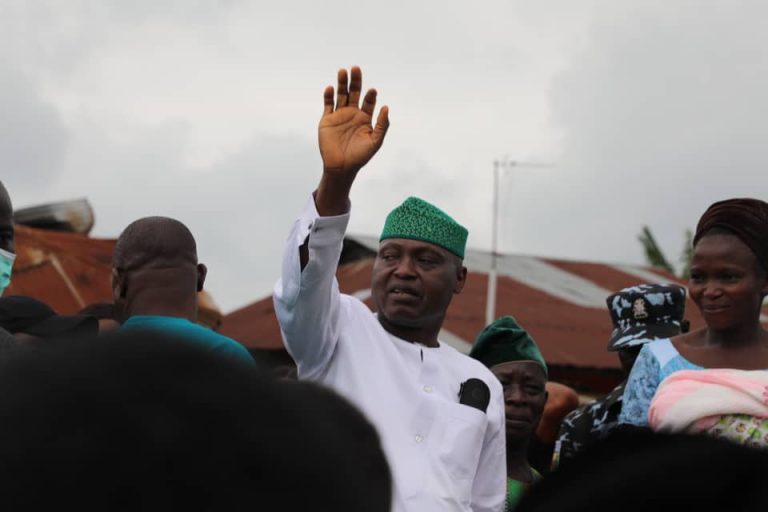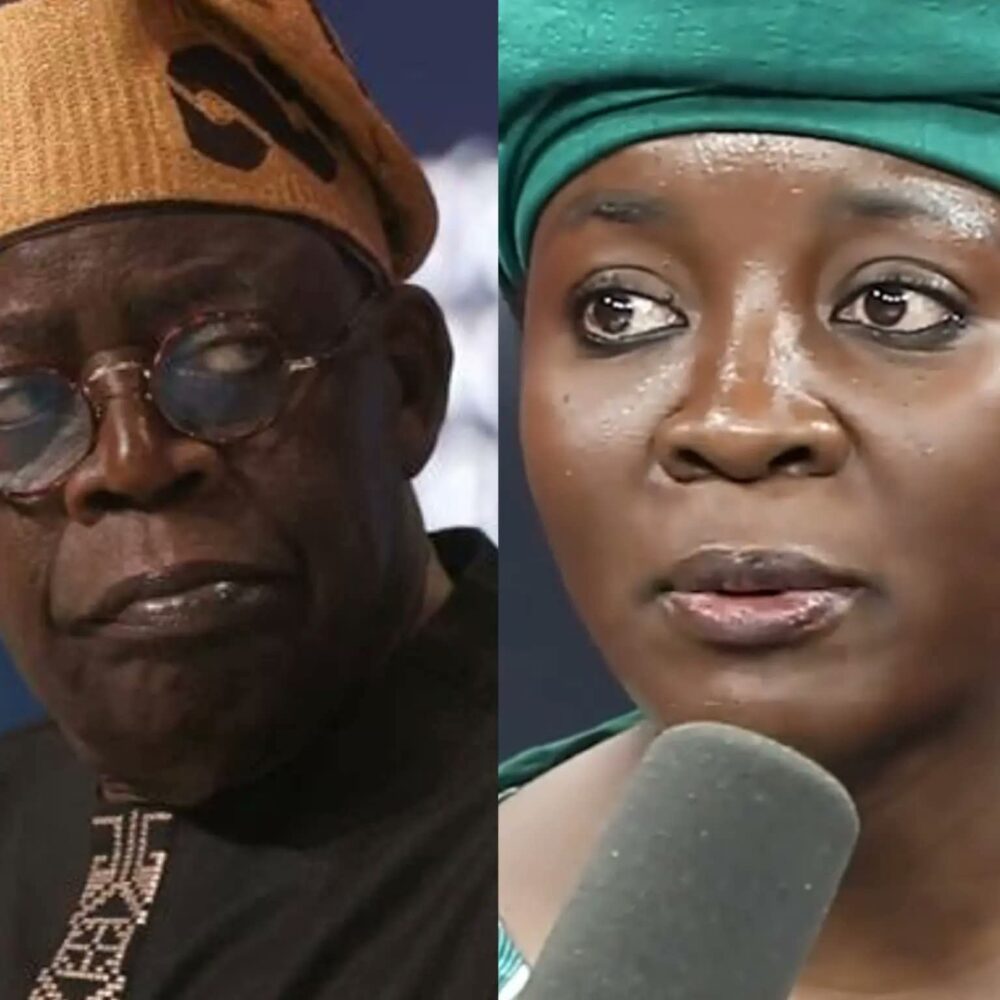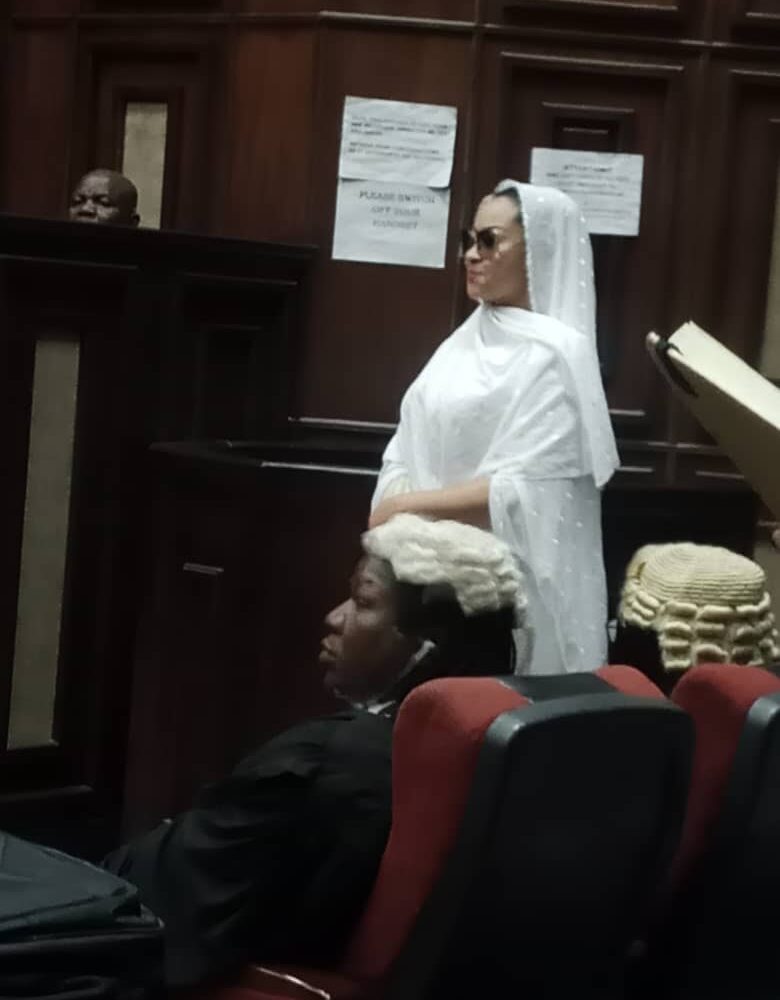There is a price to pay for lowering standards; for settling for less and for outright sellout. Ethical sellout gave Nigeria moral slackers as political leaders – members of a virulent strain of unwashed humans who, like coronavirus, are now replicating themselves across the landscape. Today, the worst are imposing their reign over the best, and the land is helpless. The Yorubas have plugged in to that circuit of decay. They now have a bold caste of obas who, with subversive gusto, struggle for space and seat, eat dingily in public, go to strip clubs and lead roguish omo oniles to exchange blows at building sites. They beat or get beaten, and, with choice wines, they advertise abominable acts on YouTube.
Will it be right to conclude that the recent events around the Oluwo of Iwo, Oba Abdulrasheed Adewale Akanbi, are symptomatic of a culture in decline? We know that every culture has its ups and downs. We also know that days, no matter their brightness, must suffer sunset. The Yoruba society used to be a perfectionist realm. Its kingship system has seen days when it was all about duties and responsibilities undergirded by covenants to do good. It used to be a secure sacred way powered by postdated curses to rein in deviance. This should explain why, before he is invested with the sacred powers of the throne, the oba-elect is literally stripped naked in seclusion. It is the system’s clinical way of checking for any deformity — physical and mental, and to bind the chosen one to his words against potential acts of covenant-breaking. He comes out wrapped up in cloths of immaculate innocence.
Oba Akanbi was in Tribune House in June 2016, six months after he became Oluwo. He showed passion and uncommon energy and zeal to do what he thought his mission was. I remember he told us several things about his unusualness and hinted on why he was breaking some myths of obaship and why he would break more. He was already in the news. He did what no oba had done, putting a crown on his wife’s head – publicly! He wondered why anyone would complain that he wore his crown atop a pair of jeans trousers. If there were jeans wears in the days of the ancestors, he said, they would wear them. I heard him and wondered whether the kingmakers did not tell him at Ipebi that among the Yoruba, the king’s aso (cloth), his dress, embroidery and bàtà ìlèkè (beaded shoes), and, indeed, his all, speak to the totality of the people’s cultural existence. Is dress no longer a major window to what a scholar describes as “the Yorubas’ positive qualities of their individuality?” An oba has no discretion to express here on what he wears and how he dresses; he must conform to the codes he swore to at the beginning of the journey. I knew this but I couldn’t tell Oluwo that he was wrong. Reporters are plebeians; they cannot intrude into an oba’s supreme mind and presence – and wardrobe.
Oluwo said so many other things, some of those things very progressive, some others very alarmingly iconoclastic. He said he would “use Aso òkè to make suits” and that “it is too late to insist that the Yoruba youth wear agbádá with the old fabrics.”
While he talked, my interest was focused on his account of the pre-installation seclusion, the instructions on the dos and don’ts of the burden he was about to put on his head, and what he would do with the orders he got. The oba said he was, among other things, tutored to be deliberately slow in his strides. A sprinter could become an oba, but an oba must not be a sprinter. A king must walk slowly – and steadily. “I heard them, but where I am going is very far,” he told us, “so they (his chiefs) have now learnt to catch up with me.” We laughed.
Again, I wished I could tell him that he was wrong, that his age notwithstanding, the day he was crowned oba was the day he became the oldest man in his kingdom. And an elder must take it easy, literally, metaphorically. He must walk the land very carefully such that the ground would not cave in under his weight. I could not tell him anything on this; that assignment was for those who prepared him for the throne of his fathers. Those ones must now do a self-assessment on how well they discharged their duties to their king who has now taken his kingship journey in a dash to somewhere far from the sacred seat his people gave him. But then, I am too illiterate in ancestral things to understand where else a man could be rushing to after becoming oba.
The Yoruba oba is not allowed to be a sceptic who questions universal truths and attacks the culture and tradition he swore to protect. Oluwo says he is Àrólé Olódùmarè. An Àrólé is the one who holds the fort for the departed. But Olódùmarè is God, and needs no introduction as the Eternal, the Almighty who goes nowhere and therefore needs no Àrólé. Every Yoruba king is subject to the commands of the divine. They say oba is ìkejì òrìsà – second to divinity. But the Oluwo salutes himself as Aláse l’órí Òrìsà – commander of the divine.
That is difficult for me to understand; it is alien to the worldview of the Yoruba. Again, every oba in Yoruba land, including Oluwo, is an omo Oduduwa. On this fact, the Oluwo has also gone a step ahead of all others. He got a son and named him Oduduwa. So, with this king, the trinity is complete: His Majesty, the king, is the son and the father of Oduduwa and also the commander dishing out orders to the realm of the spirits (aláse l’órí Òrìsà).
In character and comportment, a king is not allowed to roam freely; he must not struggle with the leash imposed by his culture. Where a king breaks loose, the land bleeds in shock, angst and revulsion. A king is no more than the principal trustee to his people’s past and present — and a bridge to the future. A man has no private, personal journeys once he becomes an oba. The decision to lead from the traditional realm is a voluntary immolation of personal courses and causes. An oba must move shoulder-to-shoulder with his people in destination and destiny. The elaborate seen and unseen rituals and rites of installation, including the wearable apparels, particularly the crowns, cement the fusion of destinies. The late Òràngún of Ila, Oba Williams Adetona Ayeni, put it in a more elegant way: He told a researcher on July 29, 1977 in his palace that when a man becomes an oba and receives the ancient crown on his head, “the ori (destiny) of the crown and the ori of the man are brought together. Then the àse of the crown is bound to the head of the man.”
He said it was at this point that the man becomes an oba and must obey all the rules of the realm (see John Pemberton in Sandra Barnes, ed: 1997 at page 128).
The he-beat-me-I-didn’t-beat-him events of the last one month have exposed the institution of obaship to plebeian scrutiny. The horrendous happenings have torn the mask, showing clearly to the uninitiated street that the idol is actually a naked doll.
The Oluwo is not the only oba with chickens of controversy pecking at his royal robe. He is just the one in the news because of the sumptuous meals of controversy he serves daily. I watched the video clip of another oba from a part of Lagos State being beaten up at a building site where he had gone to fight over a piece of land. An oba is not crowned to be controversial; kingship in all realms is a preservative, conservative system. Persons who desire to be free from rules and mores or whose passion is to break laws have no room in the ancestral space of Yoruba kings. That is why the Yorubas are (or used to be) very choosy in picking their oba. There are general criteria for appointing an oba which cut across kingdoms. There are also specific, restrictive, sacred, irrefutable rules and laws “sanctified by ancestors long departed” which guide the choice of an oba. Writing on conflict resolution in the traditional Yoruba political system, Anthony Ojigbo in a 1973 article cited Lloyd (1960) at page 227 on this process in an Ekiti community called Oke Ewi. There, he says, it is the law, among other general criteria, that “a king should symbolise all that is good, virtuous and pleasant to behold, and thus, he himself must be free of any physical handicaps or limitations.”
A prospective oba in this town satisfied all the conditions, but he was still “rejected because he was too tall.” You would think that impressive height should be an all-time, all-culture asset — ladies love them. But it was a No in this case. The argument was that with his imposing height, the candidate would be “looking down literally and symbolically on his people. And that is what a Yoruba king or chief must never do.”
About a hundred years ago (May 1920) in Osogbo, capital of Osun State, the town was going through the process of picking a king and all candidates had to go through the processing mill. The chiefs had very interesting reasons for rejecting the candidates who lost. One prince who was “a great farmer who pays for service” was found to have a family which “reigned a long time ago” and “had an evil reputation when it did reign.” Another candidate who was the son of an oba who restored order to the town after a previous oba’s “malpractices”
lost because he was “credited with having served a term of imprisonment for receiving stolen goods while other worse crimes were allegedly traced to him.” His brother who would have been chosen in his stead was found to be “an invalid.” Yet, another candidate was rejected because of the history of his family’s “slave dealing propensities,” (see Akinlade, M.O. 2017; Osogbo, the Melting Pot, at pages 118 and 119). Every kingdom in Yorubaland has a history of rigorous screening, rejection and/or approval of obaship candidates. But do they still take these ennobling steps?
Today’s kingmakers sell thrones to create obas who poach sacred groves and sell communal lands to landless terrorists from the desert – and damn the consequences. It is strictly a matter of cash. But a king writes the history of his lineage every day. You would see from the Osogbo samples how the sour grapes eaten by some people’s ancestors set the teeth of their descendants on edge. In a certain town in Osun State, there is an annual festival during which long dead kings are mentioned one after the other with the gains of their reigns celebrated in a ritual of serial drumbeats. They call it èkà (the count). There is this particular ex-oba on the king-list who is cursed repeatedly for destroying his people’s goodly heritage, their iyùn (cora beads) he buried in a carefully planned revenge action against his people. This oba is remembered publicly every year with bolts of curses fired at his afterlife: “‘Lagbaja’ who threw away valuable assets into the bush/if he died well, he will compulsorily not sleep well…”
It is because of harsh judgements of history like this that kings are tutored to behave well and rule well. The oba whose reign brings peace won’t be forgotten. The one who brings chaos too won’t be forgotten. History has a carefully kept book of life; it also keeps very well a lake of fire. The choice is our kings’ to make.





